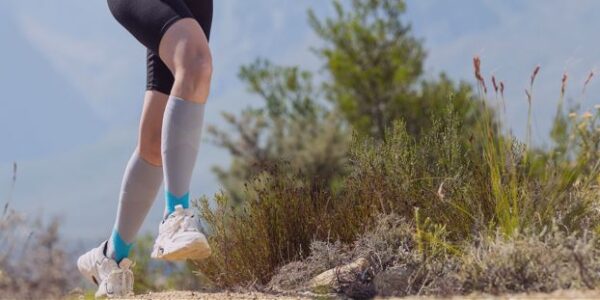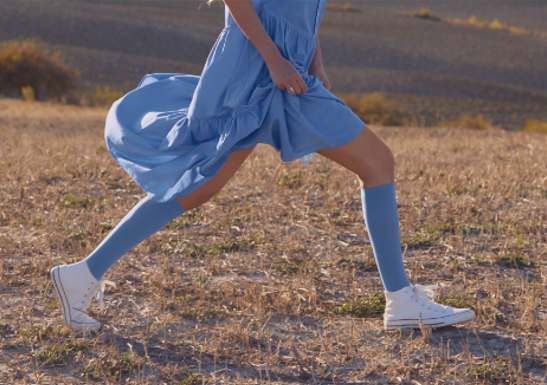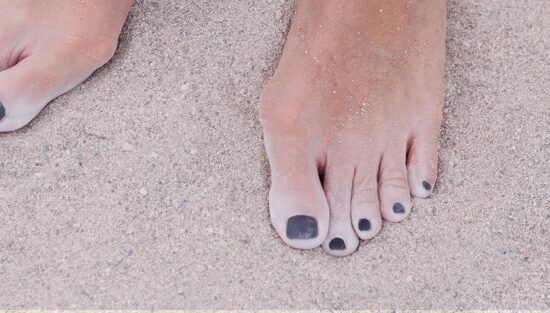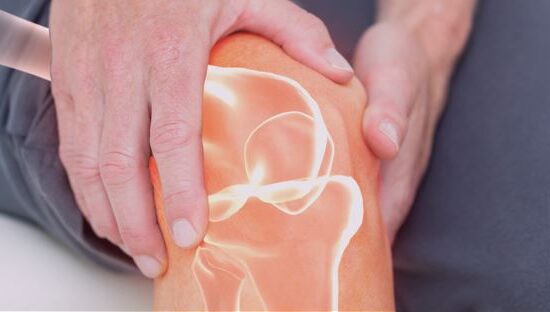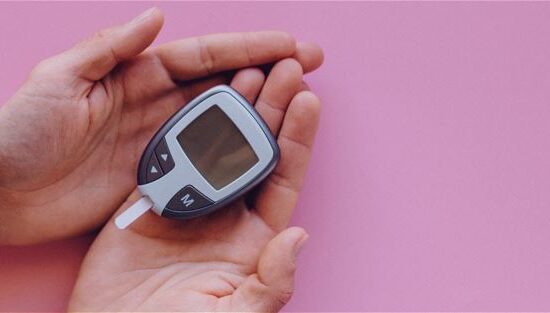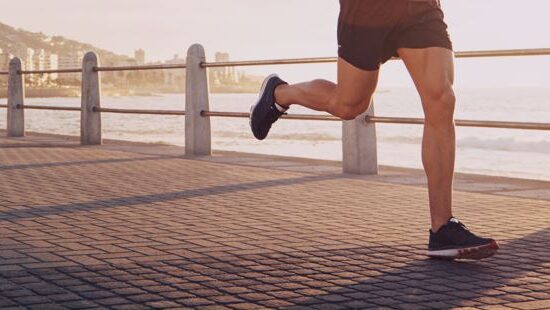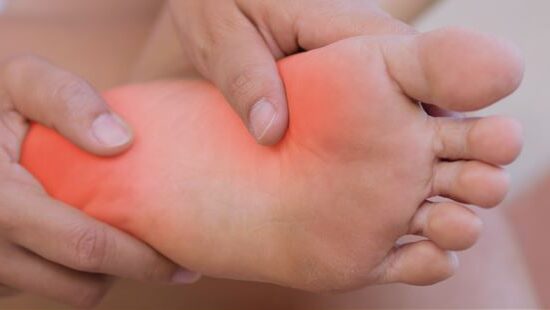What are varicose veins?
Varicose veins (varicosities) are the permanent dilation of the veins directly under the skin. They are usually found in the lower limbs. They have a sinuous shape and vary in size from small varicosities to thick bluish veins.
What can cause varicose veins
Varicose veins are caused by slow blood flow. Sometimes the valves don’t work properly, leading to a reflux of blood in the veins. Poor blood return prevents the blood from circulating properly and causes it to accumulate in superficial veins, visible on the surface of the skin.
What can lead to varicose veins
Several factors can predispose you to varicose veins. First, they are more common in women and usually appear after a certain age. Sometimes there are hereditary factors. Varicose veins can also be the result of certain habits related to a sedentary lifestyle. Prolonged standing or sitting still can cause varicose veins.
Pregnancy can sometimes cause them. Excess weight is another contributing factor. Thrombophlebitis, inflammation of a vein caused by a blood clot, is another.
Symptoms of varicose veins
Varicose veins appear as small blue or red sinuous lines on the surface of the skin, normally on the legs. If they are not painful, they are varicosities.
When a deeper vein has inflammation, it can cause more severe pain. Tingling in the legs and a feeling of heaviness can occur.
In more severe cases, swelling can develop in the ankles and feet, accompanied by cramps, itching and sores. In this case, blood flow back to the heart can be severely impaired.

How can varicose veins be prevented?
Varicose veins can be hereditary. Still, there are a few simple ways to prevent them. It is recommended to stay active to reduce weight gain and avoid sitting or standing still for too long. Elevating your legs above the heart regularly for 30 minutes while resting your feet on a hard vertical surface improves blood flow and decreases pressure that can lead to varicose veins.
Compression stockings are a good way to treat varicose veins but can also be worn to prevent them.
Who should you see for varicose veins?
A doctor will guide you on how to properly treat varicose veins or prevent them from getting worse.
In some cases, they may recommend minor, minimally invasive surgery to help correct the problem.

